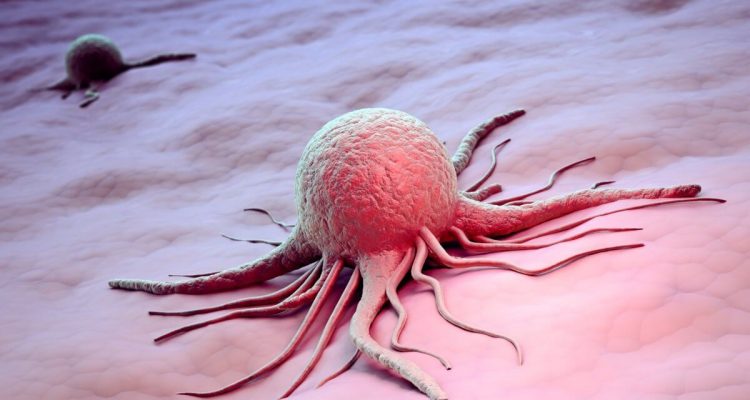
Scientists have discovered a new mechanism of cancer formation
0
A group of scientists from the National University of Singapore (NUS) led by Dr. Polly Laili Chen from the Singapore Cancer Institute and the Yong Lu Lin School of Medicine at NUS has discovered a previously unknown mechanism of cancer formation.
Their findings concern a process called RNA editing. The DNA code of a gene is transcribed into an intermediate code known as RNA before being translated into a protein molecule that plays a specific role in the cell. Sometimes the RNA is modified or edited before final translation, resulting in a different protein product. RNA editing is a phenomenon that gives the cell finer control over its proteins.
The research team studied the RNA that encodes a protein called “catomer subunit α” (COPA), which affects the development of liver, esophageal cancer , stomach and breast, and examined whether the RNA transcribed from the COPA gene was edited or altered in clinical settings. liver cancer tissue samples.
They found that any given cell contained a mixture of both edited and unedited versions of COPA. When unedited or “wild-type” COPA predominates, the cell is more likely to become malignant. In contrast, when edited COPA is predominant, it is thought to inhibit an intricate molecular signaling network called the PI3K/AKT/mTOR signaling pathway. When this pathway gets out of control, it causes cells to multiply excessively, which can lead to cancer.
Their results were first published in the Journal of Hepatology.
Currently researchers are trying to find a way to enhance the cancer cell's natural RNA editing mechanisms to tip the scales in favor of the edited version of COPA, thereby suppressing the cancer.
“Thanks to this new knowledge, we can now study how RNA editing by A to I promotes cancer development by changing their protein sequences, and how we can restore cancer suppression processes mediated by RNA editing in the cell,” said Dr. Chen.









Leave a Reply